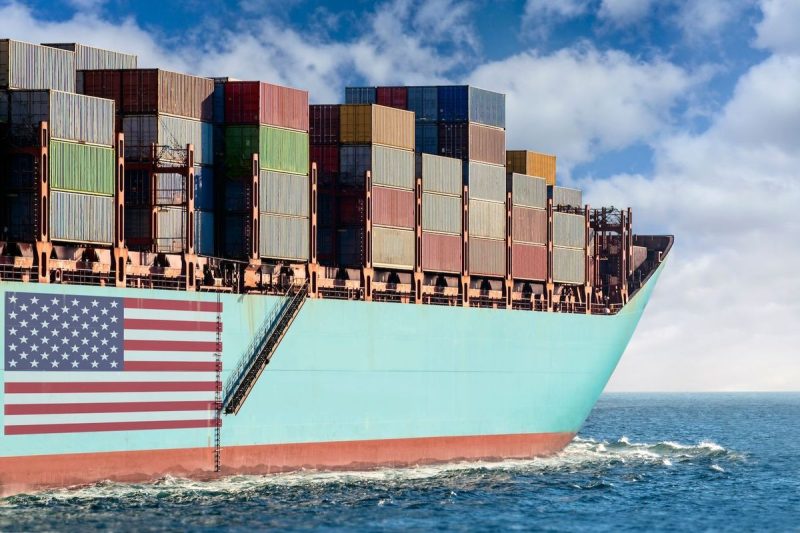Supply Chains Disrupted as US East and Gulf Coast Ports Face Worker Strike
Overview of the Worker Strike
The recent worker strike at ports along the US East and Gulf Coasts has caused significant disruptions to supply chains and affected businesses across various industries. This strike, initiated by the Port Workers Union, has led to delays in the processing and movement of cargo, resulting in backlogs and increased costs for companies reliant on these ports for importing and exporting goods.
Causes of the Worker Strike
Among the primary grievances cited by the workers are concerns related to working conditions, wages, and access to benefits. Many port workers have expressed dissatisfaction with long working hours, inadequate break times, and safety issues within the port facilities. Additionally, demands for fair wages that align with the rising cost of living and improved healthcare coverage have been central to the strike.
Impact on Supply Chains
The disruption caused by the worker strike has had far-reaching implications for supply chains, both domestically and internationally. Companies relying on the affected ports have experienced delays in receiving essential goods and parts, leading to production slowdowns and inventory shortages. The ripple effect of these delays has been felt across industries, impacting retailers, manufacturers, and consumers alike.
Mitigation Efforts by Businesses
In response to the ongoing worker strike, businesses have been forced to implement contingency plans to mitigate the impact on their operations. Some companies have rerouted shipments to alternative ports or transportation modes, while others have diversified their supply chain networks to reduce reliance on the impacted ports. These proactive measures have helped some businesses minimize disruptions and maintain continuity in their supply chains.
Government Intervention and Negotiations
As the worker strike continues to disrupt port operations, calls for government intervention and negotiations between the Port Workers Union, port authorities, and business stakeholders have intensified. Government officials have been urged to mediate discussions and facilitate a resolution that addresses the grievances of the workers while ensuring the smooth functioning of the ports and supply chains.
Looking Ahead
The ongoing worker strike at ports along the US East and Gulf Coasts underscores the importance of robust labor relations in maintaining the efficiency and reliability of supply chains. As businesses navigate the challenges posed by the strike, collaboration among stakeholders, proactive planning, and a focus on improving working conditions for port workers will be crucial in mitigating future disruptions and ensuring the resilience of supply chains.
